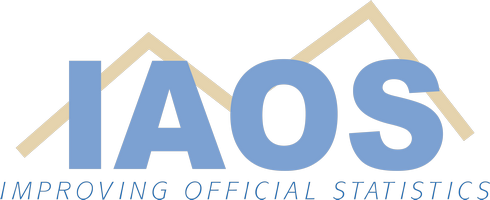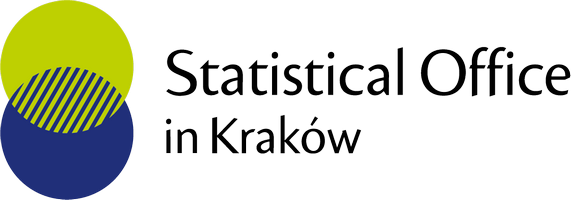| Status | Name | Country/affiliation | Title of the contribution | Brief summary |
|---|---|---|---|---|
| Organizer | Ms. Martine Durand and Mr. Jan Robert Suesser | France | ||
| Chair | Ms. Martine Durand and Mr. Jan Robert Suesser | France | ||
| Speaker | Mr. Jon Clifton | USA | Non-Traditional Data Providers: Pitfalls and Remedies Toward Quality Data Collection | As a major private sector organisation, and source of data used to underpin SDG indicators in partnership with UN specialised agencies, Gallup has developed consistent processes based on internationally recognised guidelines to ensure quality, transparency and reliability in the data it collects. Given the increasing importance of third-party data to address data gaps, it is necessary that best practices are consistently adhered to by non-traditional data providers across the data ecosystem. Jon Clifton will discuss practical ways in which integrity of statistics gathered through the World Poll is upheld and share key learnings from Gallup’s work in producing quality data. |
| Speaker | Mr. Olivier Lefebvre | France | Preserving trust, preventing misuse, meeting users' needs: how Insee ensures the balance | To respond to ethical challenges, Insee relies on solid fundamentals, linked to its legal and institutional framework, to analyses it makes with the data it produces, to the strong values shared by and adhered to by its staff. Moreover, Insee makes a clear difference between its activities of managing administrative registers and its activities of production and dissemination of statistics. To prevent misuses, Insee relies not only on its publications, but also on partnerships with the media and the education community, and the possibility for everyone, especially the fact checkers, to reuse its data to support their analyses. |
| Speaker | Ms. Kate Wilkinson | South Africa | How can fact-checkers and national statistical offices work together? | Fact-checking organisations rely on quality data when they investigate claims and hoaxes circulating online. Data from NSOs is often key to debunking false claims that can mislead and harm communities. However, fact-checkers encounter common challenges when engaging with national statistics. These can include how the data is collected and analysed, lack of information about data reliability and accessibility. NSOs can underestimate the role fact-checkers play as high-impact users of national statistics. Strengthening the relationship between fact-checkers and NSOs can increase the impact of each sectors’ work. It can also lead to improving the quality, accessibility and reach of national statistics. |
| Speaker | Ms. Graciela Márquez | Mexico | Literacy: trust from within | In the past three decades, legal systems contributed to trust building in NSO such as INEGI (Mexico) by the granting of autonomous status. The presence of other data providers outside the realm of official statistics has created new concerns that need to be addressed. New tools and access to big data changed the scope of what is available to citizens. Therefore, data literacy programs that empower all stakeholders should complement autonomy as pillars of trust. My presentation will shed light on how INEGI became an autonomous entity and how data literacy will play an active role in reinforcing trust. |



| Cookie | Duration | Description |
|---|---|---|
| cookielawinfo-checkbox-analytics | 11 months | This cookie is set by GDPR Cookie Consent plugin. The cookie is used to store the user consent for the cookies in the category "Analytics". |
| cookielawinfo-checkbox-functional | 11 months | The cookie is set by GDPR cookie consent to record the user consent for the cookies in the category "Functional". |
| cookielawinfo-checkbox-necessary | 11 months | This cookie is set by GDPR Cookie Consent plugin. The cookies is used to store the user consent for the cookies in the category "Necessary". |
| cookielawinfo-checkbox-others | 11 months | This cookie is set by GDPR Cookie Consent plugin. The cookie is used to store the user consent for the cookies in the category "Other. |
| cookielawinfo-checkbox-performance | 11 months | This cookie is set by GDPR Cookie Consent plugin. The cookie is used to store the user consent for the cookies in the category "Performance". |
| viewed_cookie_policy | 11 months | The cookie is set by the GDPR Cookie Consent plugin and is used to store whether or not user has consented to the use of cookies. It does not store any personal data. |